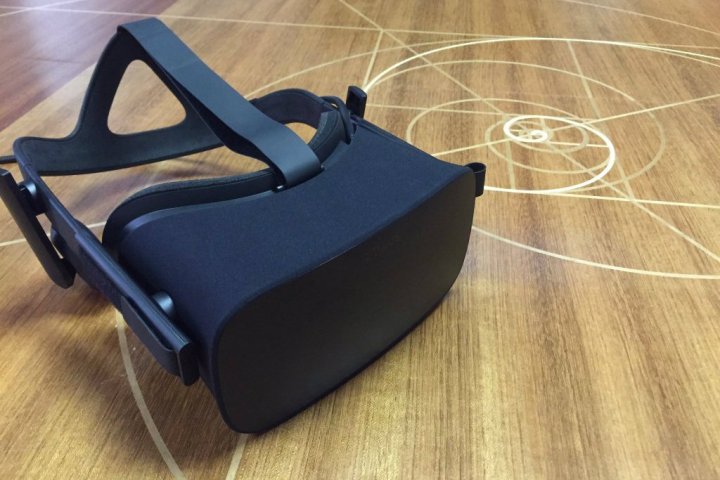
However, along with this announcement, Oculus VR revealed that developers don’t necessarily have to offer their Oculus Rift games and apps on the Oculus Store. In fact, they can use their own in-app purchasing (IAP) system if they want, meaning Oculus VR won’t take a cut of the profits. Even more, developers can sell their Oculus PC product to the community through the Oculus platform by requesting royalty-free keys.
To access this content, Oculus Rift owners must enable the “Unknown Sources” setting in the Oculus app for the desktop. However, the company points out that Oculus apps sold on other distribution platforms will still need to provide means for returning to the Home menu. They will also need to provide notifications, health and safety notices, and platforms overlays.
“The Oculus platform and store are designed to provide the best VR experience and content, but we also recognize that people will want to use apps that aren’t available on the Oculus platform or in the store,” the company said on Monday.
Oculus VR has also launched two new sections in the Oculus Store on PC: Concepts and Early Access. The former is based on Oculus Share and provides means for developers to publish “innovative experiments and tech demos.” The other section, Early Access, contains games and apps that are still works in progress, and the developers are looking for feedback from the Oculus Rift community.
For developers who are still hanging onto the second-generation Rift development kit (DK2) hardware, they can use the “functional” unit with the latest SDKs throughout the year. However, the company notes that SDK2 isn’t supported as a consumer device.
The Oculus Rift is now shipping out to consumers. Palmer Luckey personally hand-delivered the first headset to a guy in Alaska wearing a Hawaiian shirt and flip-flops. The recipient, Ross Martin, was actually at work, so they couldn’t fire up the VR headset. Instead, they talked about various topics including the Rift development.
“I said hey guys, I’ve been working on this since 2009, we’ve been working on Oculus since 2012, I’ll be damned if some random delivery guy is going to get the satisfaction of delivering the first Rift. That’s mine.” Luckey told Polygon. “So I could figure I could take a day out of the launch process and take a quick vacation in Alaska.”
He also commented on Twitter that hiking through Alaska in the winter wearing flip-flops was “a mistake.”
Reviews for the consumer-based Oculus Rift are now rolling out, and they seem a little mixed. Naturally, customers need a somewhat high-end computer that’s tethered to the headset, limiting movement. The touch controls are also not available at launch, but the hardware itself is reportedly awesome, as we expected. Those who wear glasses may also have an issue with the headset, so keep that in mind (or slap on a pair of contacts).


